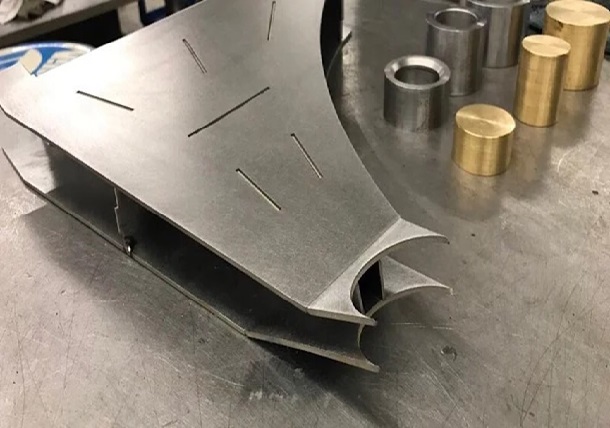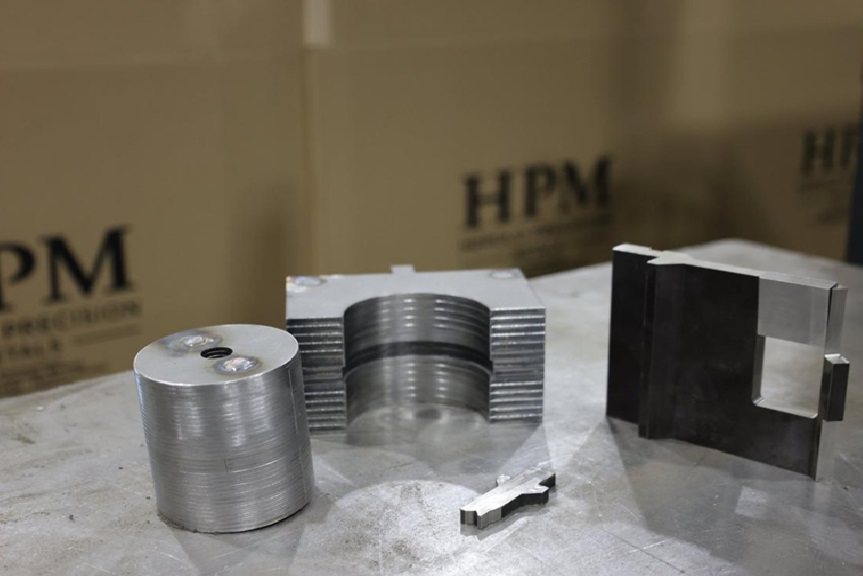Starting a sheet metal prototyping service for startups and inventors can be a profitable business, especially as demand for rapid prototyping grows in industries like automotive, electronics, and consumer products. Many startups lack the resources for large-scale production but need functional prototypes to test and refine their ideas.
By offering affordable, fast, and flexible prototyping services, a fabrication business can play a vital role in helping entrepreneurs bring their products to market.
Here’s how to set up a sheet metal prototyping service for startups.
1. Understand the Prototyping Needs of Startups
Startups and inventors often have limited budgets and tight timelines but need high-quality prototypes to validate their ideas. Sheet metal is commonly used in prototyping because it’s durable, versatile, and suitable for creating a wide range of functional parts and enclosures. These prototypes can help clients test form, fit, and function before committing to mass production. The key to success is offering a service that allows startups to quickly iterate on designs without breaking the bank.
2. Invest in Flexible Fabrication Equipment
A successful prototyping service relies on versatile and cost-efficient equipment that can handle small batches or single prototypes. Essential tools include:
- CNC Laser or Plasma Cutters: These tools allow for precise metal cutting based on CAD designs, making them ideal for prototyping.
- CNC Press Brakes: These machines can bend sheet metal into different shapes and are useful for creating functional, three-dimensional parts.
- Welding and Assembly Tools: Welding is often necessary to combine parts into a final prototype, especially for more complex designs.
- 3D Printing (optional): Some fabricators use 3D printing to create parts for initial testing before committing to sheet metal fabrication.
These tools will enable you to offer high-precision prototyping at an affordable cost while maintaining flexibility for custom designs.

3. Offer Competitive Pricing and Fast Turnaround
Startups typically operate on tight budgets, so offering competitive pricing is critical to attracting clients. Charging per part or offering package deals for small batch runs can make prototyping more accessible. Additionally, quick turnaround times are essential. Many startups need prototypes quickly to meet investor deadlines or test designs. Ensure your fabrication process is efficient and well-organized to meet these time constraints.
4. Provide Design Support and Consultation
Inventors and entrepreneurs may not always have in-depth knowledge of sheet metal fabrication. Offering design support and consultation services can add significant value to your prototyping offering. Help clients refine their designs, optimize them for manufacturability, and ensure they are cost-effective to produce. Your expertise can help them avoid costly mistakes and improve the final product.
5. Market Your Service to Startups and Inventors
Building relationships with local startup incubators, innovation hubs, and product designers is crucial for growing your prototyping service. Attend startup events, product design meetups, and networking functions to connect with potential clients. Additionally, creating a professional website and using social media to showcase past projects and prototypes can help attract more business.

